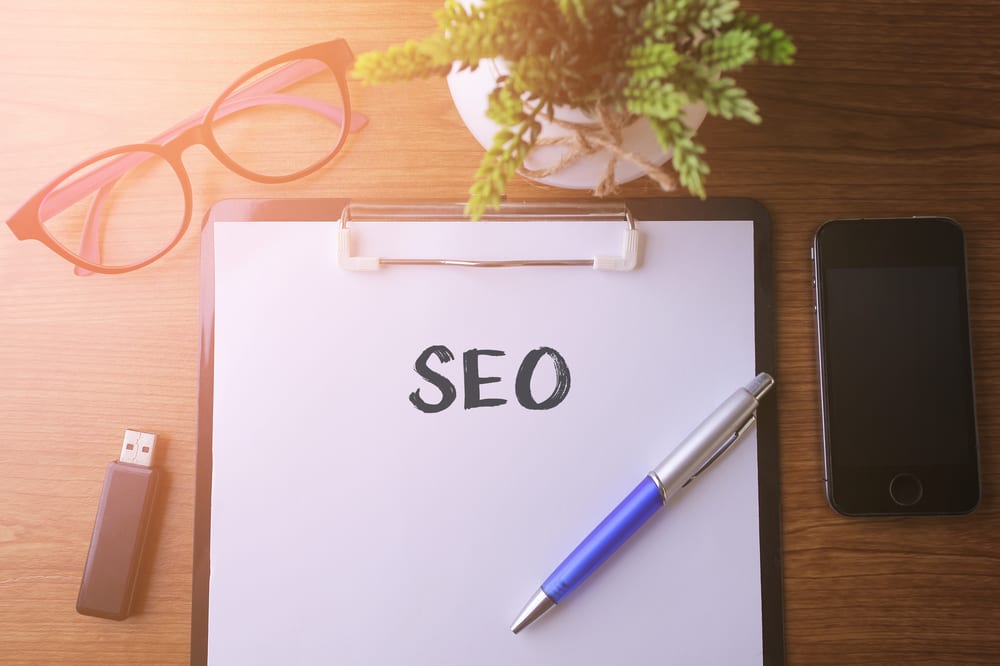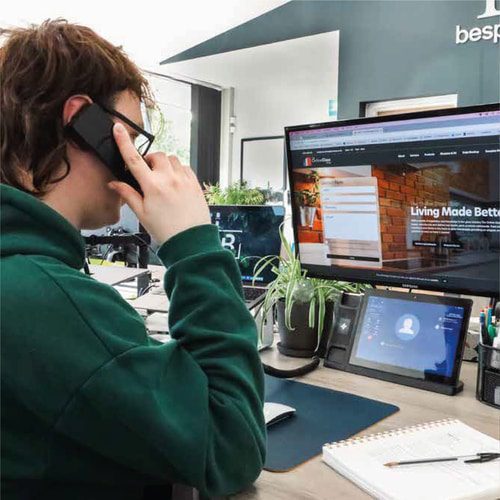
Why SEO Is Important For A Successful Business
In today’s digital age, every business owner understands the importance of having a website where their customers can find them. What isn’t understand perhaps as well as it should be, is the fact that you need to actually market your new website. As a London website design company first and foremost, we ourselves come across countless businesses that recognise the need for a good website but do not realise that in order to actually reach their customers, they also require marketing. Whether that’s email, social media, PPC ads or SEO, your website needs to be marketed or it’s just going to sit on the shelf of the world wide web.
In this blog, I will be focusing on search engine optimisation and why SEO is crucial for a business to be successful in the online world.
More Customers
Firstly, SEO will bring in more customers. At its heart, SEO is all about getting your website to appear higher in the search engine results so more people will see and browse your website. As a business, more website visitors will ultimately mean more customers.
By performing extensive keyword research as part of an SEO campaign, you can ensure your website reaches the people that are more likely to convert. For example, if you are selling iPhones then you will want your website to rank for keywords like “buy iPhones online” much more than a keyword like “how much does an iPhone cost?” This is because the first search term clearly shows that the searcher is looking to purchase your products, whereas the second search term is more informative. This is known as search intent. The first searcher is much more likely to buy your product than the second searcher is, therefore your SEO campaign will have a much better return on investment.
Better User Experience
Google is always updating its algorithms, adding new ranking factors etc. In fact, Google does a fantastic job of tricking webmasters into focusing on user experience when they’re actually trying to focus on SEO. There are many examples I can use to show this. For example: Google’s mobile-friendly update and mobile-first indexing forced websites to adopt a responsive web design approach, so mobile users could view the same content as desktop users. Before this, many websites would have different versions of webpages depending on if you were browsing on a desktop device or a mobile device. Mobile versions would commonly have less images and less content compared to desktop, creating an unequal experience.
Another example is the HTTPS update. HTTPS represents a website that transfers client and server data over a secure protocol connection alongside an SSL certificate. Back in the day, websites did not adopt this approach for whatever reason. Then Google announced that websites that weren’t secure through HTTPS would have their websites demoted in Google Search rankings. All of a sudden webmasters realised the importance of transferring data over a secure connection and today over 70% of all websites on the internet are using HTTPS as the default protocol.
The third and final example is website speed. Probably one of the biggest pet peeves for users when browsing the web today is a slow website. Google first announced using website speed as a ranking factor back in 2018, but never made public how website speed is measured. Fast forward 3 years and we’re about to experience the new Page Experience algorithm update, which now puts ambiguous “good website speed” into a set of three measurable metrics known as Core Web Vitals. All of a sudden webmasters everywhere began to panic over their website speed and are working on doing whatever they can to get a good core web vitals score, so their websites can load fast for all users.
These three examples clearly show how SEO and user experience are intertwined and will continue to be close partners. By optimising your website for SEO you will also be optimising it for user experience. A good user experience means your website visitors will be more satisfied and can lead to higher conversions!
Brand Awareness
Another benefit of website SEO is it can increase brand awareness. SEO isn’t just about making sure that every single visitor turns into a customer on their first visit. Sometimes they might not even visit! Here’s an example we can use from our own experience: one of our biggest clients came to us after searching for one of our keywords and saw our brand at the top of the search results, but didn’t actually browse our website. A few days down the line they searched us again but this time by brand name, went to our website and called us to discuss their project, eventually signing up. So here we managed to leverage our SEO rankings to increase brand awareness, and even though the client didn’t click the website on their first search our brand managed to stick with them and they came back to us at a later time.





